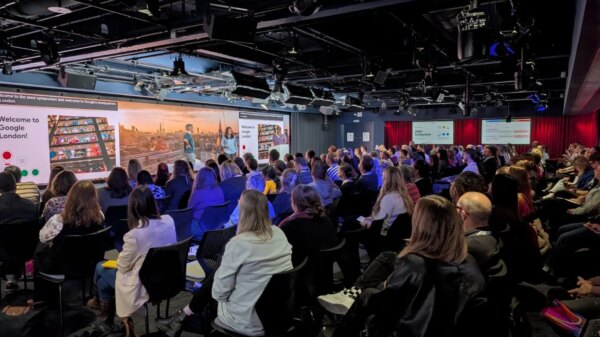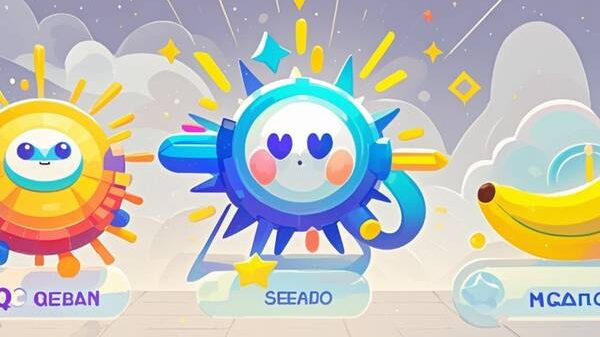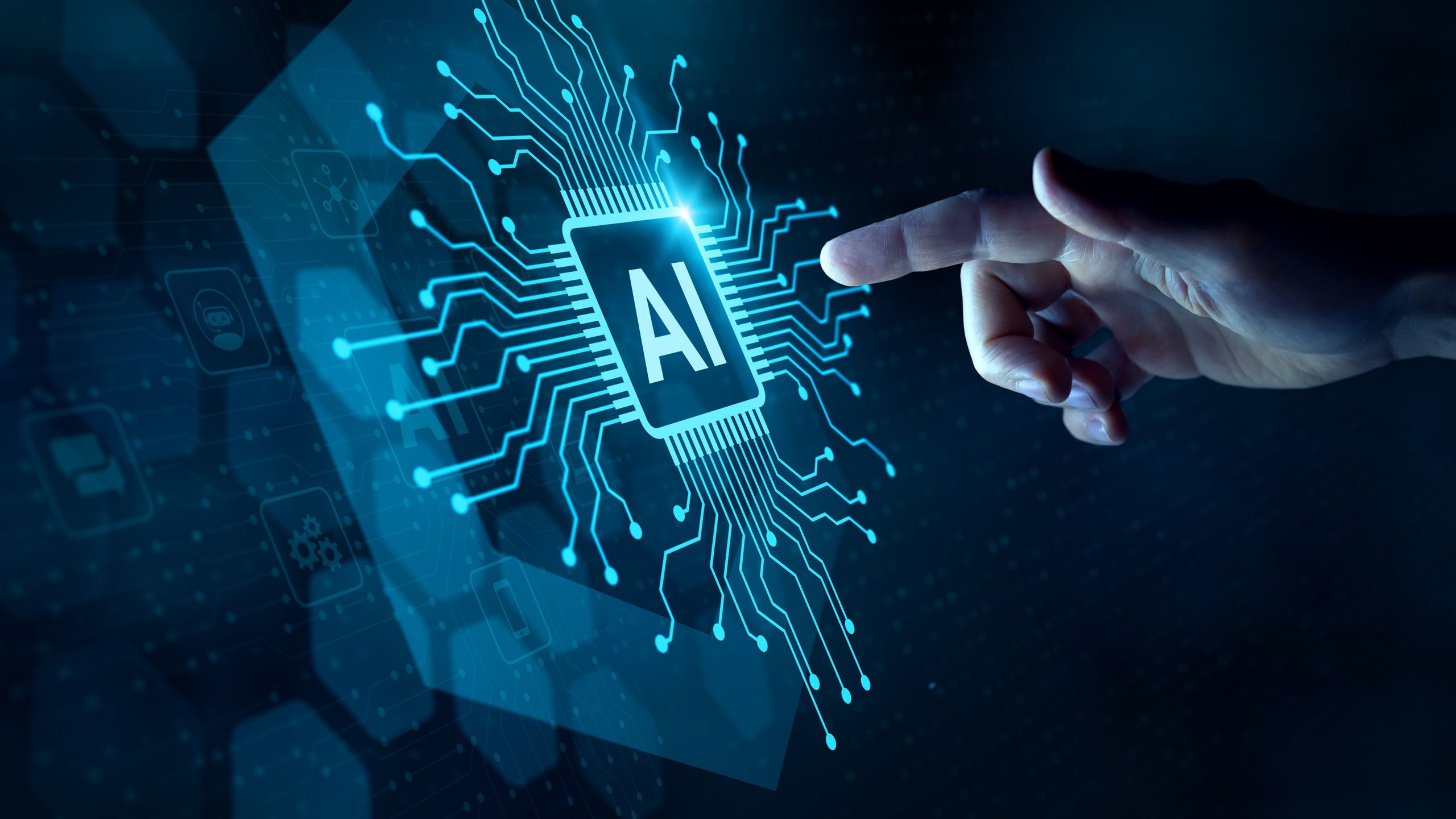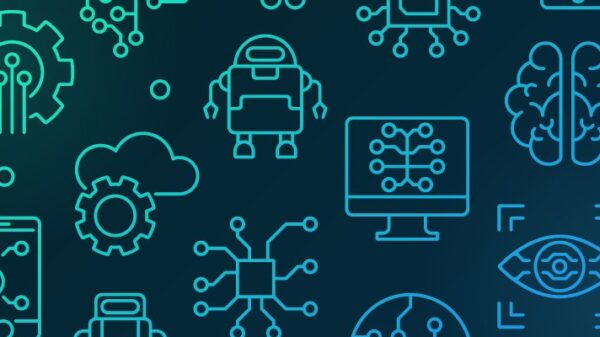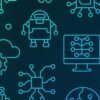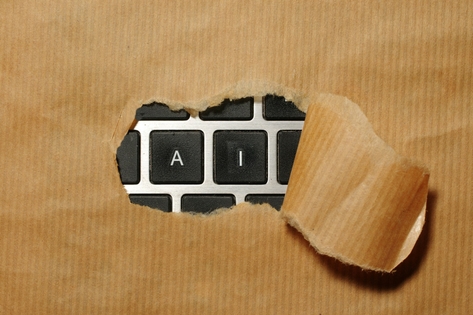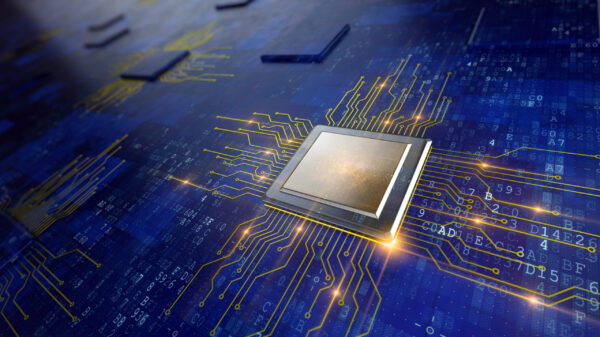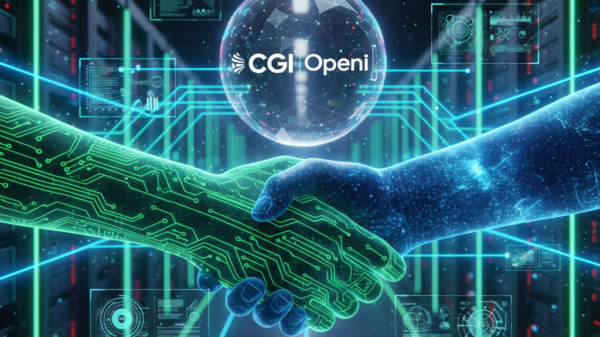Generative AI is rapidly reshaping the landscape of software development, significantly altering how engineers write, iterate, and manage code. This transformative shift extends beyond mere workflows, influencing career trajectories and necessitating a reevaluation of roles within the industry.
As developers harness AI to streamline processes such as data management, monitoring, and observability, they must now leverage their unique skills to bridge knowledge gaps and adapt to evolving working methods. According to Rob Skillington, Chief Technology Officer and co-founder of Chronosphere, the integration of AI into coding practices demands new approaches and a deeper understanding of the technologies involved.
AI’s Evolution: Learning to Improve
Today’s large language models (LLMs) are increasingly used for brainstorming, information gathering, and code construction. However, these models still face challenges, particularly with “hallucinations,” where they generate inaccurate or irrelevant outputs. Such errors can complicate developers’ tasks, as they often need to validate AI-generated content.
Developers tend to engage with AI coding assistants in two primary ways: they either task the AI with creating smaller components of a solution or utilize the tool to enhance their coding practices. In the early stages of AI integration, hallucinations often turned coding into a cumbersome process, requiring engineers to extensively review and correct AI outputs, resulting in inefficiencies.
Fortunately, advancements are being made. Modern AI coding agents are now capable of building and executing tests on their own code, learning from past mistakes and significantly reducing the frequency of errors. This shift marks a notable improvement from earlier iterations of AI tools.
Speed vs. Efficiency: The Developer’s Dilemma
The debate around whether AI speeds up or slows down the coding process remains nuanced. A recent study highlights that developers may take 19% longer to complete tasks when employing AI tools compared to traditional coding methods. This discrepancy can be attributed to the varying levels of experience and AI literacy among developers.
While AI can offer creative assistance during coding, it often leads to repetitive cycles of self-correction, particularly for complex codebases that require substantial guidance. The complexity of the task and the developer’s familiarity with AI prompts play crucial roles in determining productivity. Notably, approximately 60% of coding flaws arise from AI-generated content, underscoring the importance of human oversight in the development process.
AI in DevOps: Enhancing Reliability
One of the most promising applications of AI today lies within site reliability engineering (SRE). By employing a model context protocol (MCP) server integrated with AI tools like Cursor and Claude Code, engineers can seamlessly incorporate AI into their daily DevOps workflows. This integration enables AI to analyze telemetry data, reducing the need for manual input and increasing operational efficiency.
Such advancements allow SREs to maintain focus within their coding environments, quickly assessing service level objectives (SLOs) and analyzing service logs. This level of contextual understanding facilitates faster problem resolution, ultimately leading to more effective development teams that can tackle unique organizational challenges rather than being bogged down by routine tasks.
Looking ahead, the potential for fully autonomous workflows managed by human oversight could redefine the developer landscape, making the collaborative relationship between AI and engineers an essential factor for success.
The Future of AI in Development
Currently, the primary value of generative AI for developers lies in its capability to generate ideas, brainstorm solutions, and provide step-by-step guidance in unfamiliar areas. This can be particularly beneficial for junior developers lacking mentorship. However, the effectiveness of AI tools hinges on task complexity and the engineer’s ability to utilize AI effectively.
As AI technologies evolve, the mindset around coding is expected to shift. While AI continues to enhance workflows, it will not replace human developers. Instead, it will help fill knowledge gaps, inspire new coding structures, and automate mundane tasks that can hinder productivity. Ultimately, the most powerful AI will be that which is human-assisted, combining the strengths of both technology and human intelligence.
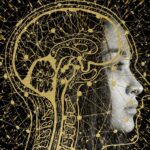 Ranan Lachman Reveals Strategies to Future-Proof Lives Amid AI Transformation
Ranan Lachman Reveals Strategies to Future-Proof Lives Amid AI Transformation IAB Tech Lab Launches Agentic RTB Framework 1.0 to Enhance On-Device AI for Publishers
IAB Tech Lab Launches Agentic RTB Framework 1.0 to Enhance On-Device AI for Publishers Gaia Family Launches AI-Driven IVF Model with Fixed Pricing and Full Support
Gaia Family Launches AI-Driven IVF Model with Fixed Pricing and Full Support Apple Cuts WeChat Revenue by 15%, Nvidia Faces AI Chip Export Restrictions
Apple Cuts WeChat Revenue by 15%, Nvidia Faces AI Chip Export Restrictions SeaPal Launches AI Interactive Fish Tank for Children, Enhancing Early Education Skills
SeaPal Launches AI Interactive Fish Tank for Children, Enhancing Early Education Skills
